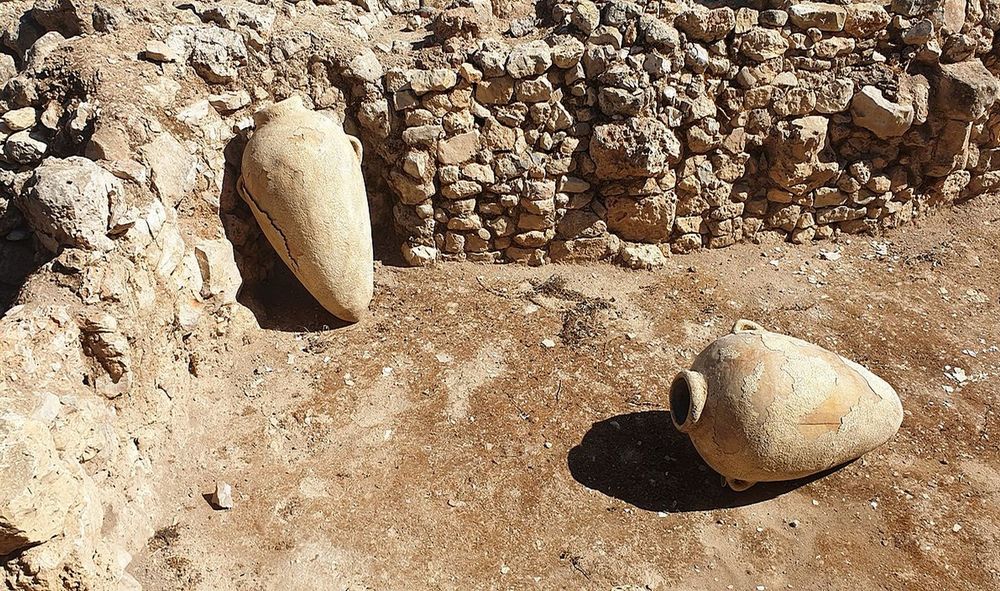An archeological expedition to the Holy Land turned up an ancient copy of Amoris Laetitia’s Footnote 351, according to the head of the project.
The Footnote became controversial several years ago when Amoris Laetitia was published for apparently implying that Communion should be available for the divorced and remarried. Previous theology taught that such marriages are adulterous, and so their participants are unable to receive the Eucharist publicly due to living in public sin.
Dr. Yosef Mizrahi of Tel Aviv University, who led the expedition, hopes that the discovery will help further tamp down that controversy .
“We already knew that The Footnote could be traced to the early Apostolic Community when we discovered it in an ancient manuscript of John’s Gospel,” Dr. Mizrahi said. “But, you know how some people are–no evidence is good enough for them.”
“Now with this piece, the evidence for the longstanding tradition of The Footnote is incontrovertible.”
The archeological team uncovered a tattered manuscript of the Book of Isaiah in a seaside cave. The document is estimated to be from at least 150 B.C. and contains reference to “Fut[tn]ote 351,” a corrupted Essene spelling of “Footnote 351.”
These findings place The Footnote almost 200 years earlier than originally theorized–with evidence that it may be even older. Dr. Mizrahi believes it could have originated as far back as the Babylonian Exile and the writings of the Major Prophets.
“The Jews of the 500 B.C.s were struggling to make sense of the Babylonian Exile that seemed to be a breaking of the Davidic Covenant. Scribes eventually posited that Jerusalem’s captivity was Divine Wrath at their failure to show mercy to those living in irregular unions who still presented themselves for the Sacraments,” he explained.
“The presence of The Footnote in prophetic writings from the time indicate this was still an issue very much alive for the ancient Israelites, who were still reeling from the Exile and subsequent upheaval.”
The dig also found other, previously unknown footnotes. Included in the collection is “Footnote 118,” opening Communion to those in same-sex unions; “Footnote 587,” opening the Sacraments to Protestants; and “Footnote 1,” questioning the divinity of Christ.
“I expect to see these in Papal writings any day now!” Dr. Mizrahi said.





